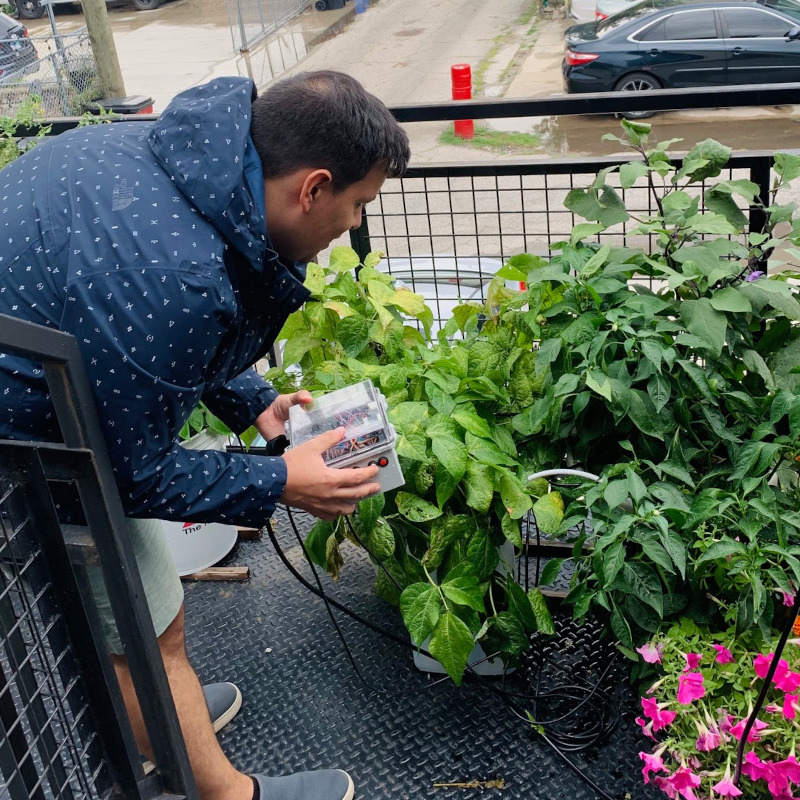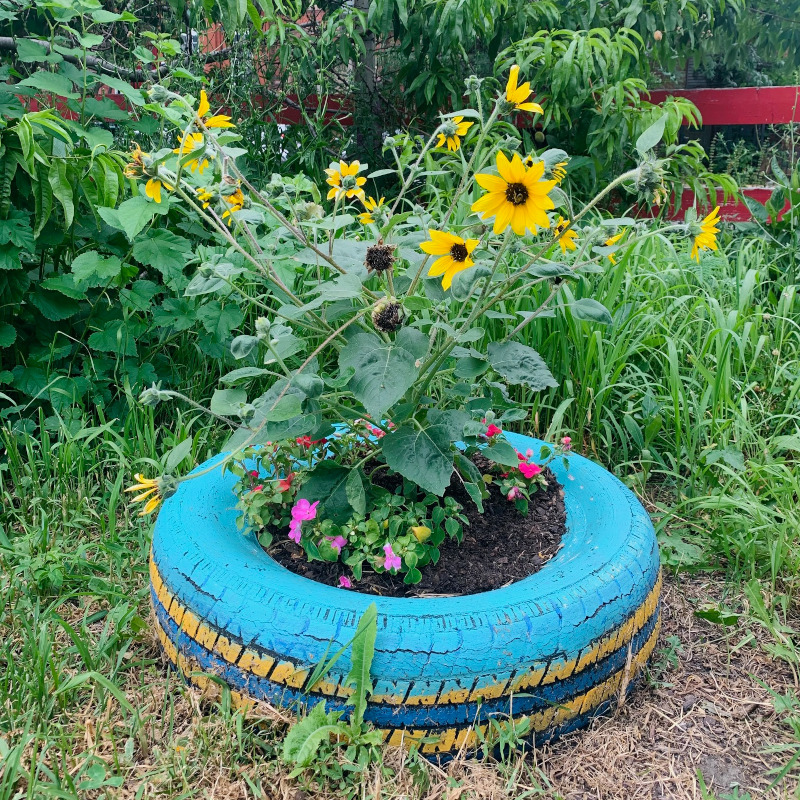Gardening in North Dakota - What to Plant in Spring & Fall

Having a productive garden in North Dakota is easy to accomplish so long as you have the right plan. Below we’ll walk you through which plants thrive in North Dakota, when to plant in North Dakota, and how to adapt your garden as the seasons change.
Understanding North Dakota Hardiness Zones
Hardiness zones, sometimes referred to as “growing zones” or “planting zones”, were created by the USDA to help gardeners determine which plants are best suited for a particular location.
North Dakota encompasses 2 hardiness zones. They are zones 3 and 4. Before we get started, determine which zone you live in by visiting this interactive USDA hardiness zone map.
At their core, hardiness zones only represent how cold a particular area gets in winter. This information, combined with the average frost dates for your area, is the key to planting the right herbs and vegetables in North Dakota.
Below, we’ll guide you through the best crops to grow in your zone in North Dakota and when to plant them.
Interested in Container Gardening?



Join the Garden Auntie newsletter!
Get expert tips, tricks, and inspiration for successful container gardening no matter the environment. Create a stunning and thriving garden, even in small spaces!
Spring Gardening in North Dakota
In North Dakota growing zones 3 and 4, spring is considerably cold compared to most other areas. As a result, the viable growing season in these locations is fairly short.
To get the most out of your garden in North Dakota zones 3 and 4, seedlings should to be started indoors. We also recommend using a blanket of straw to help protect transplants from a surprise frost.
With so much of the growing season experiencing cooler temperatures, focusing on frost tolerant crops is a great strategy for success. Vegetables such as buttercrunch lettuce, iceberg lettuce, beets, and kale can usually be planted in late April or May for zones 3 and 4. Cool weather crops that have a bit longer growing period, such as Brussels sprouts, parsnips, and artichokes, are another great option for the colder areas of North Dakota.
But at the end of the day, for most common garden vegetables in North Dakota zones 3 and 4, planting will have to wait until things warm up in June.
Fall Gardening in North Dakota
For North Dakota growing zones 3 and 4, fall gardening is a race against the cold. Likely, you’ll want to plant short season fall crops during July or August, to ensure ample harvest time before the season’s first frost hits.
Cold hardy produce are the most viable fall crops for North Dakota growing zones 3 and 4. Some of our favorites for North Dakota are broccoli, romaine lettuce, iceberg lettuce, and radishes. Not only can these type of plants withstand a bit of cold, but they’ll be great roasted or thrown in soups and stews during the North Dakota winter months.
You can also extend the life of your fall garden in North Dakota zones 3 and 4 by using methods such as hotbeds, covering plants with a plastic sheet at night, or “overwintering” perennials such as tomatoes and peppers.
Still not sure what to plant in North Dakota?
See our full list of growing guides for cold weather vegetables and warm weather vegetables for more inspiration.
